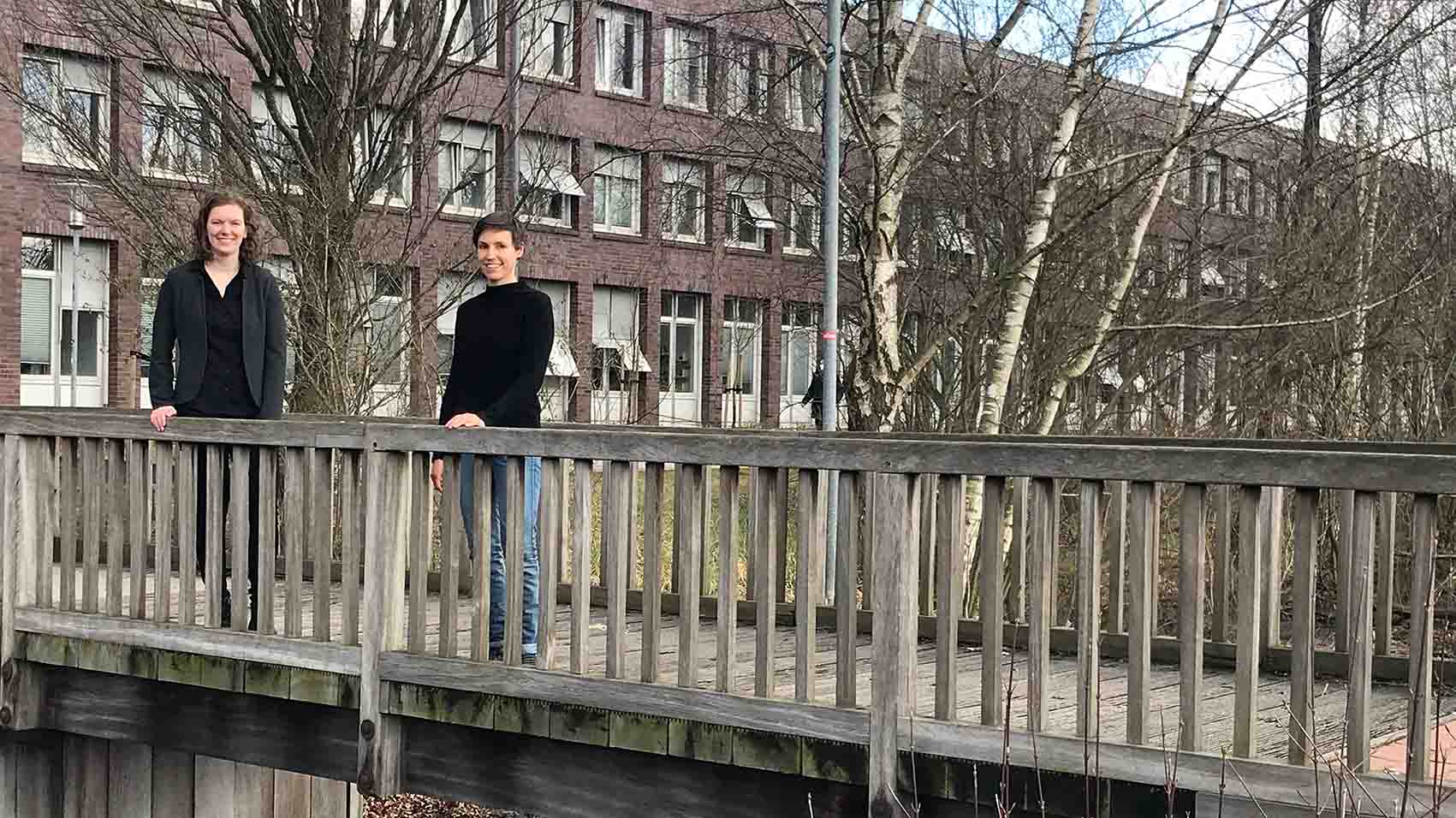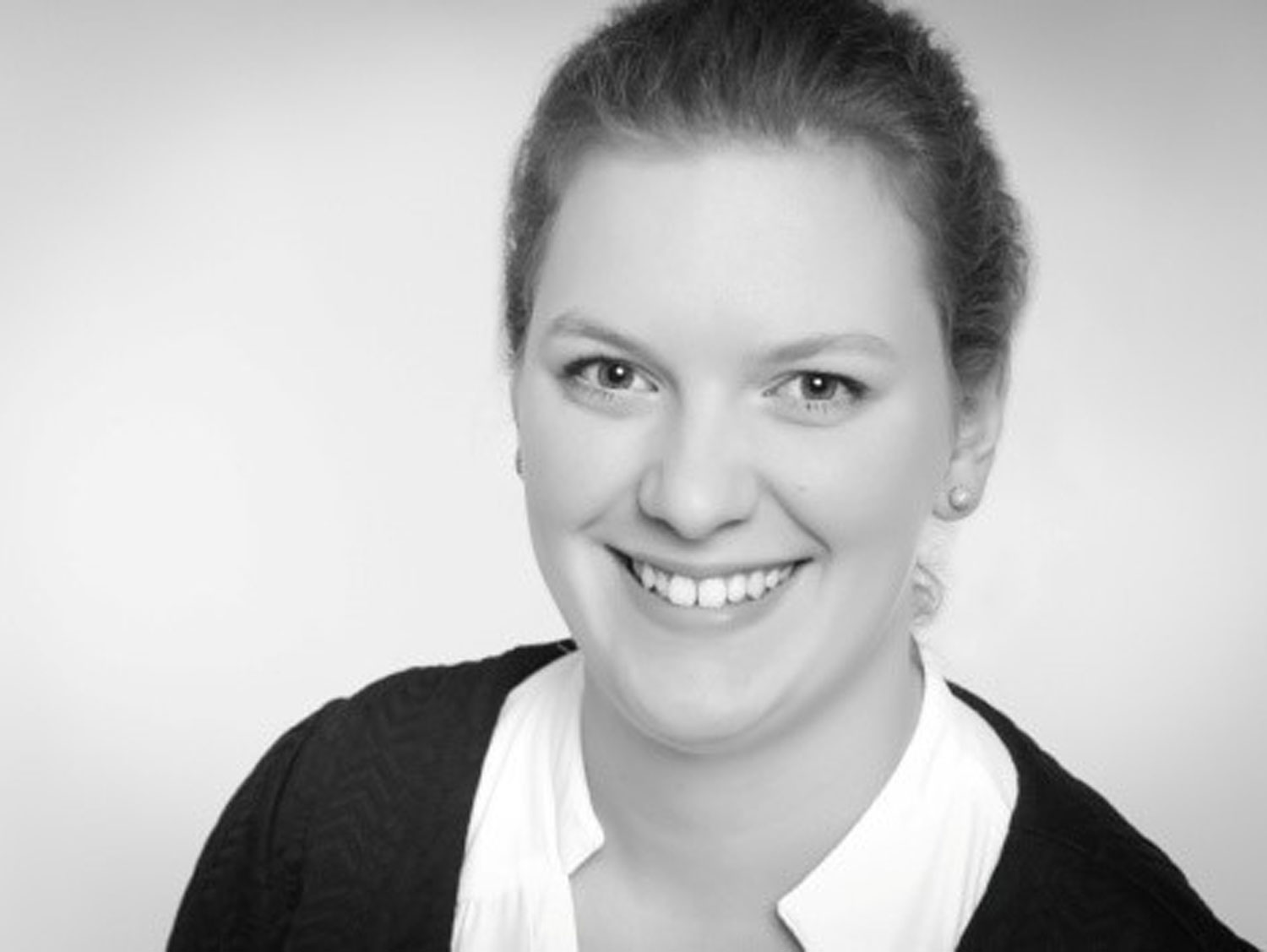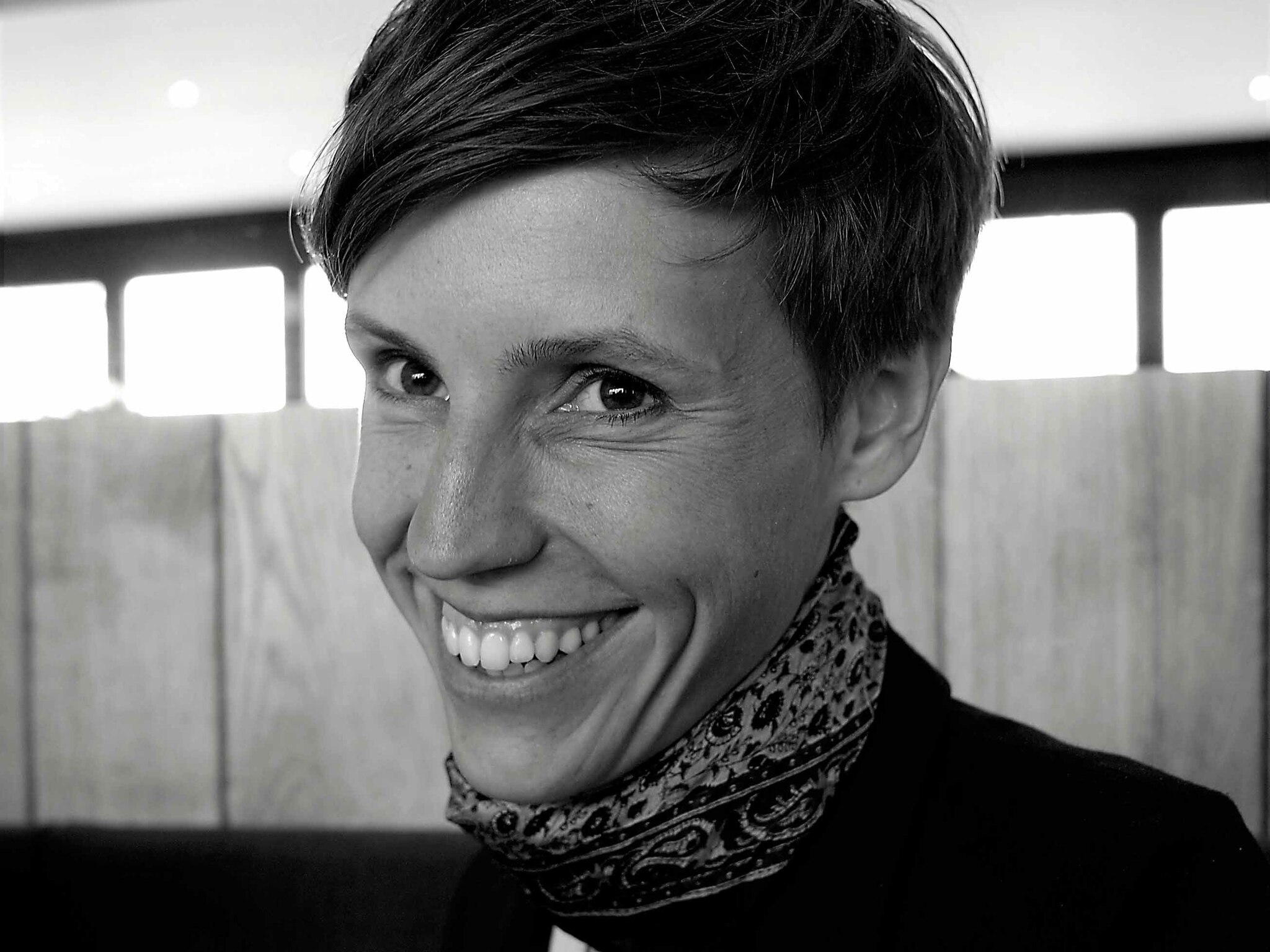
© Ann Kristin Haverich
Bremen Concept Connects Research and Schools
How does the Dual PhD program work?
Scholarship holders in the “Dual PhD in Teacher Education: Science Goes to School” (“Die Duale Promotion in der Lehrerbildung: Wissenschaft macht Schule“) program at the University of Bremen write their dissertations and complete their practical teacher training phase in schools – all in the space of four years. What may sound like a great deal of work at first is actually a unique chance to connect school life with science in an entirely new way.
How can one bring digital content into the classroom – even when there is no Wi-Fi?
After her high school qualification, Carmen Naber felt drawn to both social education and computer science. Thus, she initially did a bachelor’s degree in computer science and then added on a teacher education master’s degree for vocational schools. She then found herself at a crossroads once more: Should she work at a school or continue carrying out research in IT? Thanks to the Dual PhD program, she can connect both paths. She is researching the so-called “Digi.Cube”, a project from the Institute of Technology and Education (ITB) at the University of Bremen. The unit works much like a USB stick with Wi-Fi: The small cube can be filled with digital content and this content can then be played on devices in the surrounding area without any external Wi-Fi. Thus, it’s perfect for use in a classroom where there is no internet connection. Carmen Naber already worked on programming the unit during her time as a student assistant whist she was studying and subsequently carried out a potential analysis as part of her master’s thesis. As part of her dual doctoral studies, she will implement the unit during her practical teacher training phase and will in this way investigate how it can be used by teachers during day-to-day life at the school. “The chance to directly test the cube whilst working is great for research,” tells us Naber. “It is my aim to develop a teaching and learning concept for the Digi.Cube as part of my PhD.” The cube or a similar unit will therefore possibly support Bremen teachers in the future. It was developed with practical work and for practical work.

© Privat
How is it possible to encourage pupils’ life-forming skills?
Marieke Jochimsen is working on an entirely different topic. After she successfully studied English and philosophy with a teaching orientation, she initially worked as a linguistics lecturer at the University of Malta. But she just couldn’t shake the topic of schools. Her dissertation focusses on the topic “Life-Forming Skills and Mindfulness in Philosophy Lessons” (“Lebensgestaltungskompetenz und Achtsamkeit im Philosophieunterricht”): How can pupils answer their own question of what a successful life is – independently of expectations that are generally deemed ideal in society? Jochimsen wishes to implement this in lessons in the form of a life art project. The aim is to encourage life-forming skills – thus the ability to lead an autonomous, self-defined life. “What will be particularly interesting is the question of how the pupils complete such a task – and how it will be possible to compare and assess that qualitatively at the end,” according to Jochimsen. “I am also interested in finding out if rituals in the classroom – for example in the form of mindfulness exercises – support the development of the pupils’ inner compass, their inner orientation so to speak.” If this works and is scientifically prepared by means of Jochimsen’s work, projects of this type could become a tool for pedagogy that promote the life-forming skills of young people one day.

© privat
These examples reveal the potential of the Dual PhD program. It not only offers scientifically interested teachers the chance to experience working in schools and also remain in research, but also creates a space for ideas – from down-to-earth ones to idealistic visions.
About the Dual PhD Program
The structured doctoral program “Dual PhD in Teacher Education: Science Goes to School” (“Die Duale Promotion in der Lehrerbildung: Wissenschaft macht Schule“) at the Center for Teaching Education and Education Research (ZfLB) combines a subject-based PhD with the practical teacher training phase in Bremen and is thus a unique and innovative qualification path in Germany. The current Dual PhD cohort started in January 2021. The program, which is intended to span four years, is completed with the acquisition of a PhD title in pedagogy for one of the involved school subjects and the second State Examination. Graduates of the Dual PhD program are therefore qualified for a scientific career and at the same time are prepared to contribute to the further development and shaping of lessons and schools as teachers and disseminators.
The program is managed by the Center for Teacher Education and Education Research at the University of Bremen and collaborates closely with the Bremen State Institute for Schools (LIS) as well as the involved schools. The Dual PhD students are involved in the structured doctoral program for the entire duration of the four years.
More Information
Website of the doctoral program “Dual PhD in Teacher Education: Science Goes to School” (“Die Duale Promotion in der Lehrerbildung: Wissenschaft macht Schule“